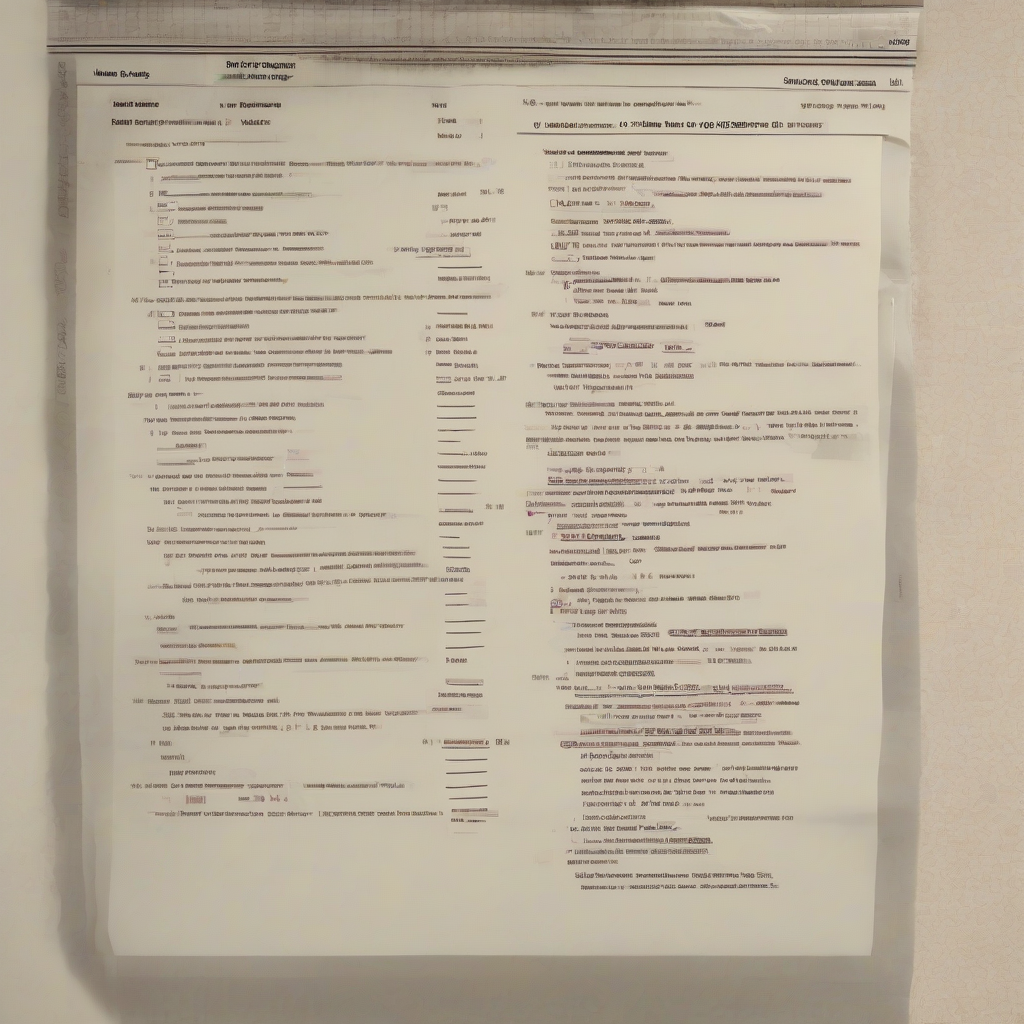Unlocking the World of Healthcare: A Comprehensive Guide to Medical Billing and Coding Classes
Unlocking the World of Healthcare: A Comprehensive Guide to Medical Billing and Coding Classes
The healthcare industry is a dynamic and essential part of our society, and behind every successful medical practice lies a robust billing and coding system. Medical billing and coding specialists play a crucial role in ensuring smooth financial operations, accurate reimbursements, and compliance with regulations. If you’re interested in a career that combines medical knowledge with administrative skills, a career in medical billing and coding might be the perfect fit. This guide dives deep into the world of medical billing and coding classes, exploring various aspects to help you make informed decisions about your education and career path.
What are Medical Billing and Coding Classes?
Medical billing and coding classes provide students with the essential knowledge and skills necessary to manage the financial aspects of healthcare. These classes typically cover a broad range of topics, including:
- Medical Terminology: Learning to understand and interpret medical terms, abbreviations, and diagnoses is fundamental to accurate coding.
- Anatomy and Physiology: A basic understanding of human anatomy and physiology helps coders to correctly interpret medical procedures and diagnoses.
- ICD-10 and CPT Coding: These are the core coding systems used to classify diagnoses and procedures. Classes provide in-depth training in these complex systems.
- HCPCS Coding: This coding system is used for medical supplies, equipment, and procedures not covered by CPT.
- Medical Insurance: A comprehensive understanding of various insurance plans, including Medicare, Medicaid, and private insurance, is crucial for billing accuracy.
- Claims Processing: Students learn the steps involved in submitting clean claims to insurance companies, ensuring timely reimbursements.
- Billing Software: Many classes introduce students to commonly used billing software programs.
- HIPAA Compliance: Protecting patient information is paramount. Classes cover HIPAA regulations and compliance procedures.
- Medical Records: Understanding the structure and content of medical records is crucial for accurate coding and billing.
- Auditing and Compliance: Classes often cover auditing techniques to ensure accuracy and compliance with regulations.
Types of Medical Billing and Coding Classes
There’s a variety of options available for those seeking medical billing and coding training, catering to different learning styles and schedules:
- Associate Degree Programs: These programs offer a more comprehensive education, typically taking two years to complete. They often include additional coursework in healthcare administration and management.
- Certificate Programs: These shorter programs focus specifically on medical billing and coding, typically taking several months to complete. They are a good option for those who want to quickly enter the field.
- Online Courses: Many institutions offer online medical billing and coding classes, offering flexibility and convenience. Students can learn at their own pace, often accessing course materials and instructors anytime.
- Vocational Schools: These schools offer specialized training in various healthcare fields, including medical billing and coding. They often have hands-on training components.
- Community Colleges: Community colleges offer affordable and accessible medical billing and coding programs, often leading to certificates or associate degrees.
Choosing the Right Medical Billing and Coding Class
Selecting the right program is crucial for your success. Consider the following factors:
- Accreditation: Ensure the program is accredited by a recognized accrediting body. Accreditation indicates a certain level of quality and ensures the program meets industry standards.
- Curriculum: Carefully review the program’s curriculum to ensure it covers the topics you need to learn. Look for programs that offer hands-on training and practical experience.
- Instructors: Experienced instructors with industry knowledge can make a significant difference in your learning experience. Look for programs with experienced and qualified instructors.
- Job Placement Assistance: Many programs offer job placement assistance, helping graduates find employment after completing their studies. This can be a valuable asset in launching your career.
- Cost and Financing Options: Consider the total cost of the program and explore financing options like student loans or scholarships.
- Location and Flexibility: Decide whether you prefer an online or in-person program and choose a location that is convenient for you.
- Reviews and Testimonials: Read reviews and testimonials from past students to get a better understanding of the program’s quality and effectiveness.
Career Outlook for Medical Billing and Coding Specialists
The demand for medical billing and coding specialists is consistently high. The aging population and increasing healthcare costs contribute to a growing need for professionals skilled in managing the financial aspects of healthcare. A career in medical billing and coding offers several advantages:
- High Demand: The field is experiencing strong job growth, providing ample opportunities for employment.
- Relatively High Salary: Medical billing and coding specialists earn a competitive salary, especially with experience and advanced certifications.
- Various Work Settings: Opportunities exist in hospitals, clinics, physician offices, insurance companies, and more.
- Remote Work Options: Many medical billing and coding jobs can be done remotely, offering flexibility and work-life balance.
- Opportunities for Advancement: Experienced specialists can advance their careers to supervisory or management positions.
Essential Skills for Success in Medical Billing and Coding
Beyond the technical knowledge gained in classes, certain soft skills are essential for success in this field:
- Attention to Detail: Accuracy is crucial in medical billing and coding. Even a small error can lead to significant financial repercussions.
- Analytical Skills: The ability to analyze medical records and identify relevant information is essential for accurate coding.
- Problem-Solving Skills: Medical billing and coding often involve complex issues that require creative problem-solving abilities.
- Communication Skills: Effective communication with physicians, patients, and insurance companies is necessary for smooth operations.
- Organizational Skills: Managing large amounts of information and keeping track of various claims requires excellent organizational skills.
- Computer Skills: Proficiency in using billing software and other computer programs is essential.
- Time Management Skills: Meeting deadlines and managing multiple tasks simultaneously is crucial in this fast-paced field.
Continuing Education and Certifications
Once you’ve completed your initial training, continuing education is essential for staying up-to-date with changes in coding systems, regulations, and technology. Consider pursuing certifications such as:
- Certified Professional Coder (CPC): Offered by the American Academy of Professional Coders (AAPC), this is a highly respected certification in the field.
- Certified Coding Specialist (CCS): Offered by AHIMA, this certification demonstrates proficiency in coding and medical terminology.
- Certified Inpatient Coder (CIC): Specializes in inpatient coding.
- Certified Outpatient Coder (COC): Specializes in outpatient coding.
Pursuing certifications can enhance your career prospects and demonstrate your commitment to professional development. Regularly attending industry conferences and workshops can also help you stay abreast of the latest trends and best practices.
Conclusion (Omitted as per instructions)




